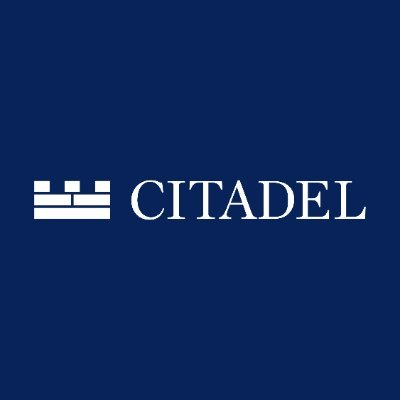
Citadel
Strongest Cybersecurity Team
Question Metadata
- Interview Type
- technical
- Company
- Citadel
- Last Seen
- Within the last month
- Confidence Level
- High Confidence
- Access Status
- Requires purchase
Purchase access to view the full interview question
Assessment Rubric Overview: "Strongest Cybersecurity Team"
This assessment evaluates a candidate's proficiency in algorithm design, problem-solving, and coding skills, particularly in the context of dynamic programming and array manipulation. The problem requires candidates to identify the longest subarray where elements from two given arrays can be interwoven to form a non-decreasing sequence.
Core Competencies and Skills Evaluated:
- Algorithm Design: Ability to conceptualize and implement efficient algorithms to solve complex problems.
- Dynamic Programming: Proficiency in applying dynamic programming techniques to optimize solutions and manage overlapping subproblems.
- Array Manipulation: Skill in traversing and modifying arrays to extract meaningful patterns and sequences.
- Coding Proficiency: Competence in writing clean, efficient, and error-free code in a language of choice.
Behavioral Traits and Problem-Solving Approaches Assessed:
- Analytical Thinking: Capacity to dissect complex problems and devise structured, logical solutions.
- Attention to Detail: Meticulousness in considering all edge cases and ensuring the robustness of the solution.
- Communication Skills: Effectiveness in articulating thought processes, justifying decisions, and explaining code implementations.
- Adaptability: Willingness to adjust approaches based on feedback and new insights during the problem-solving process.
Assessment Process Expectations:
Citadel's interview process is known for its rigor and depth. Candidates can anticipate multiple technical rounds, each designed to assess different facets of their technical acumen and problem-solving abilities. The process typically includes an online assessment, technical interviews focusing on coding, data structures, algorithms, and system design, and behavioral interviews to assess cultural fit and problem-solving approach. (citadel.com)
Preparation Recommendations:
- Master Dynamic Programming: Focus on understanding and practicing dynamic programming problems, as they are central to this type of question.
- Enhance Array Manipulation Skills: Regularly solve problems involving arrays to become adept at identifying patterns and sequences.
- Engage in Mock Interviews: Simulate interview scenarios to improve problem-solving speed and communication clarity.
- Review Past Experiences: Be prepared to discuss previous projects and how they relate to the problem-solving skills required.
Evaluation Criteria and Technical Concepts to Master:
- Algorithm Optimization: Ability to develop solutions with optimal time and space complexity.
- Edge Case Handling: Skill in identifying and addressing potential edge cases to ensure solution robustness.
- Code Efficiency: Writing code that is both efficient and easy to understand.
- System Design Understanding: While not directly related to this problem, a solid grasp of system design principles can be beneficial.
Citadel-Specific Expectations and Cultural Fit Considerations:
Citadel values candidates who demonstrate a strong technical foundation, a proactive approach to problem-solving, and the ability to thrive in high-pressure environments. Their culture emphasizes collaboration, continuous learning, and a commitment to excellence. Candidates should be prepared to showcase their skills in a manner that aligns with Citadel's high standards and dynamic work environment. (citadel.com)
Other verified questions from Citadel